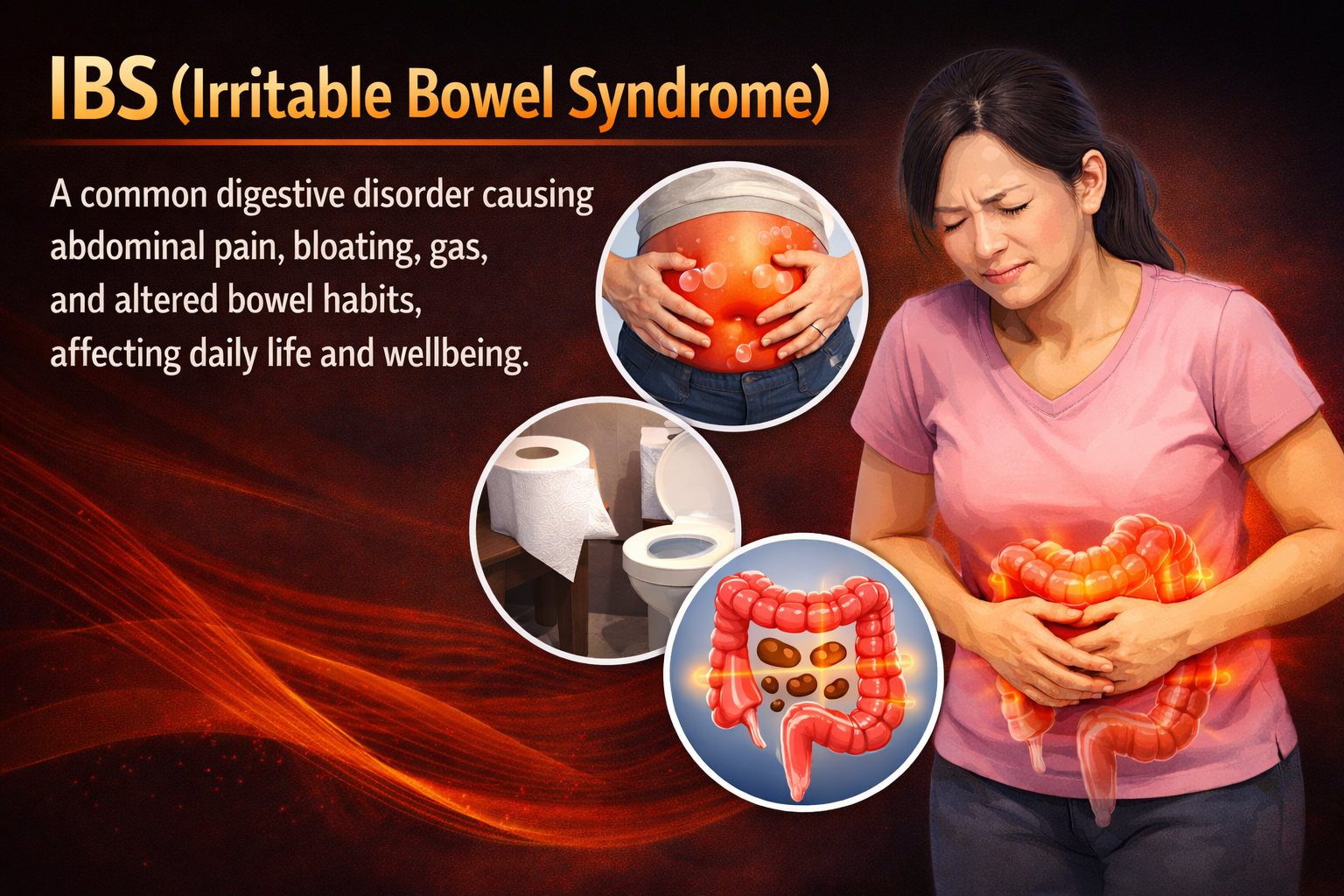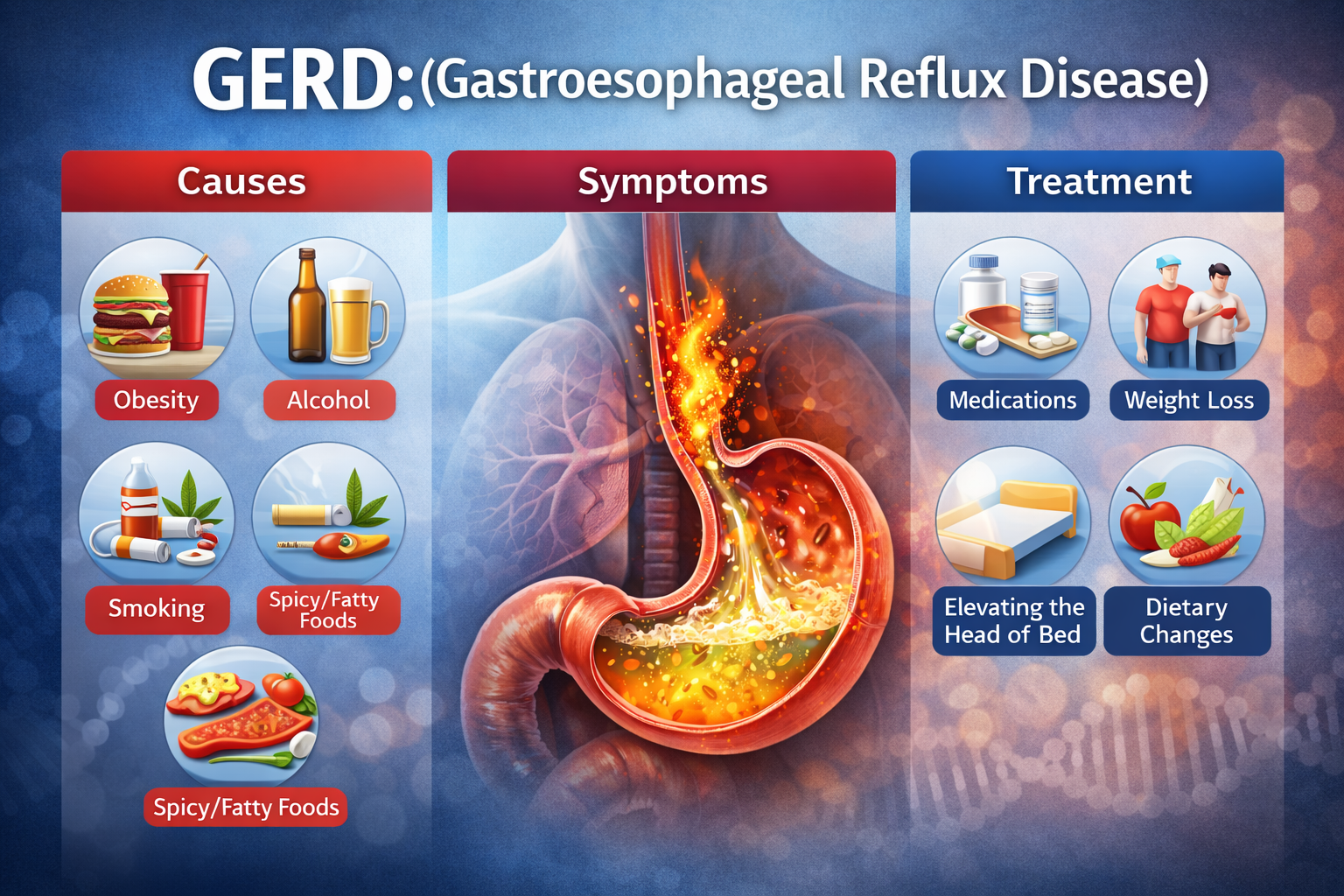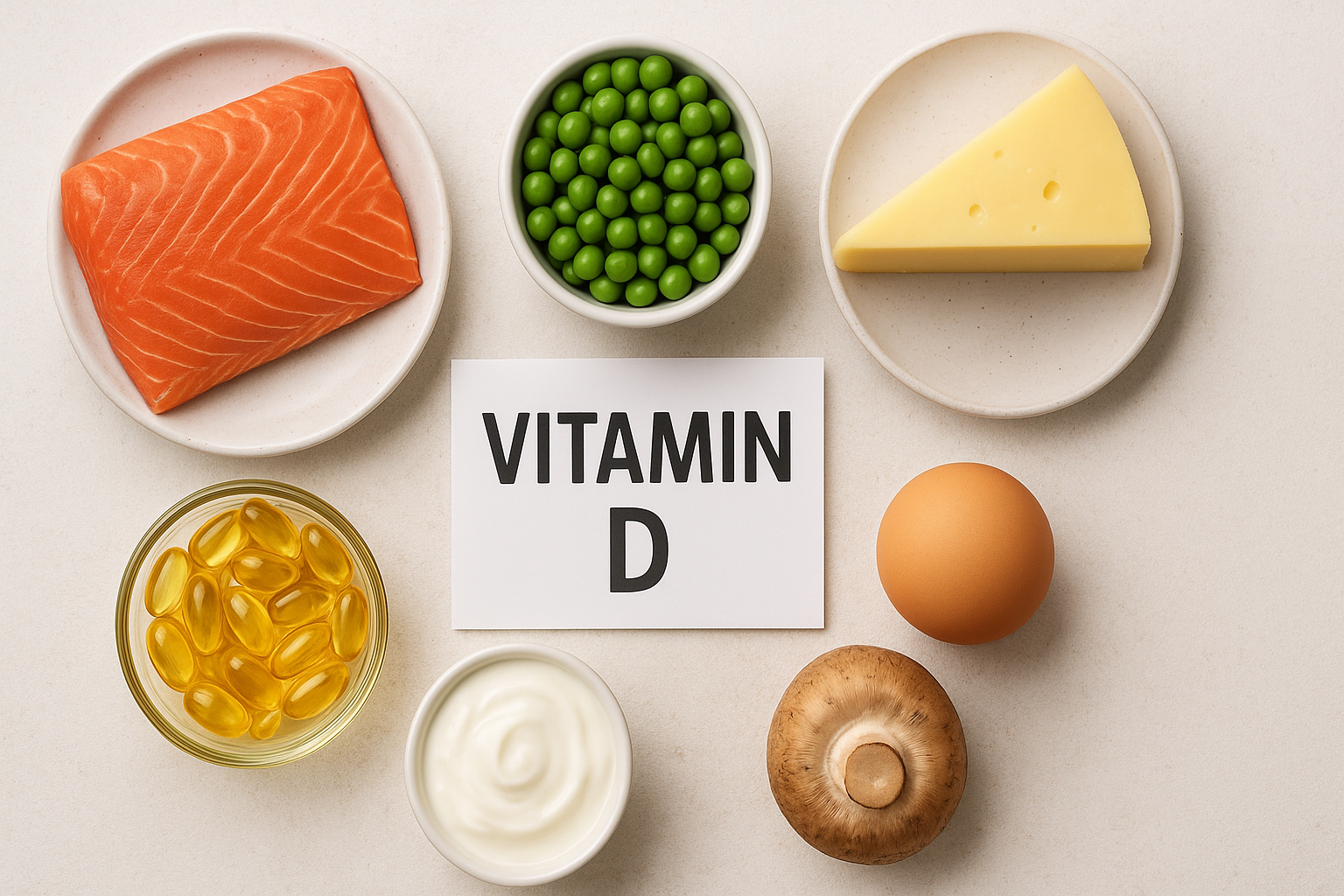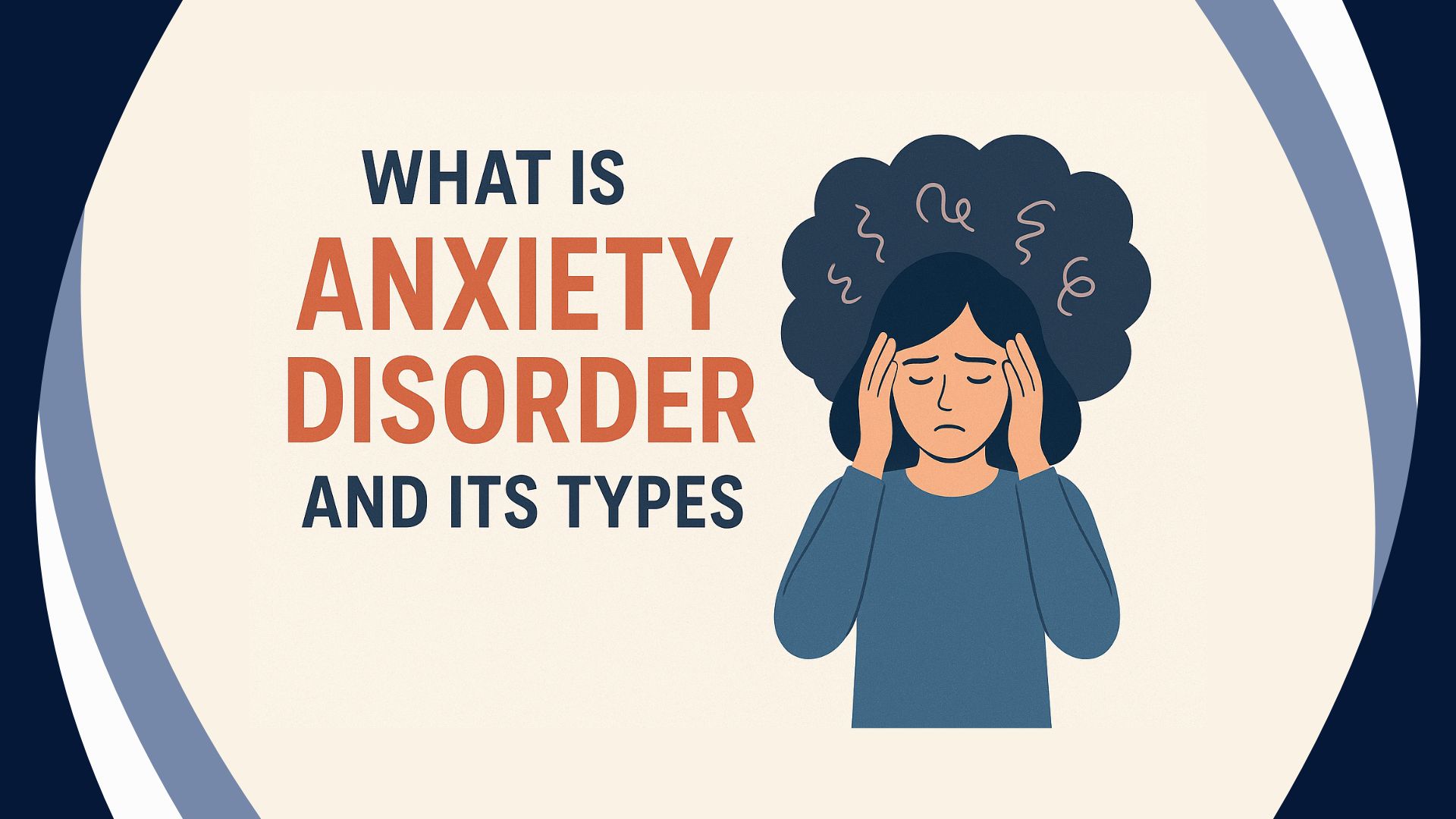Daily Nutrition
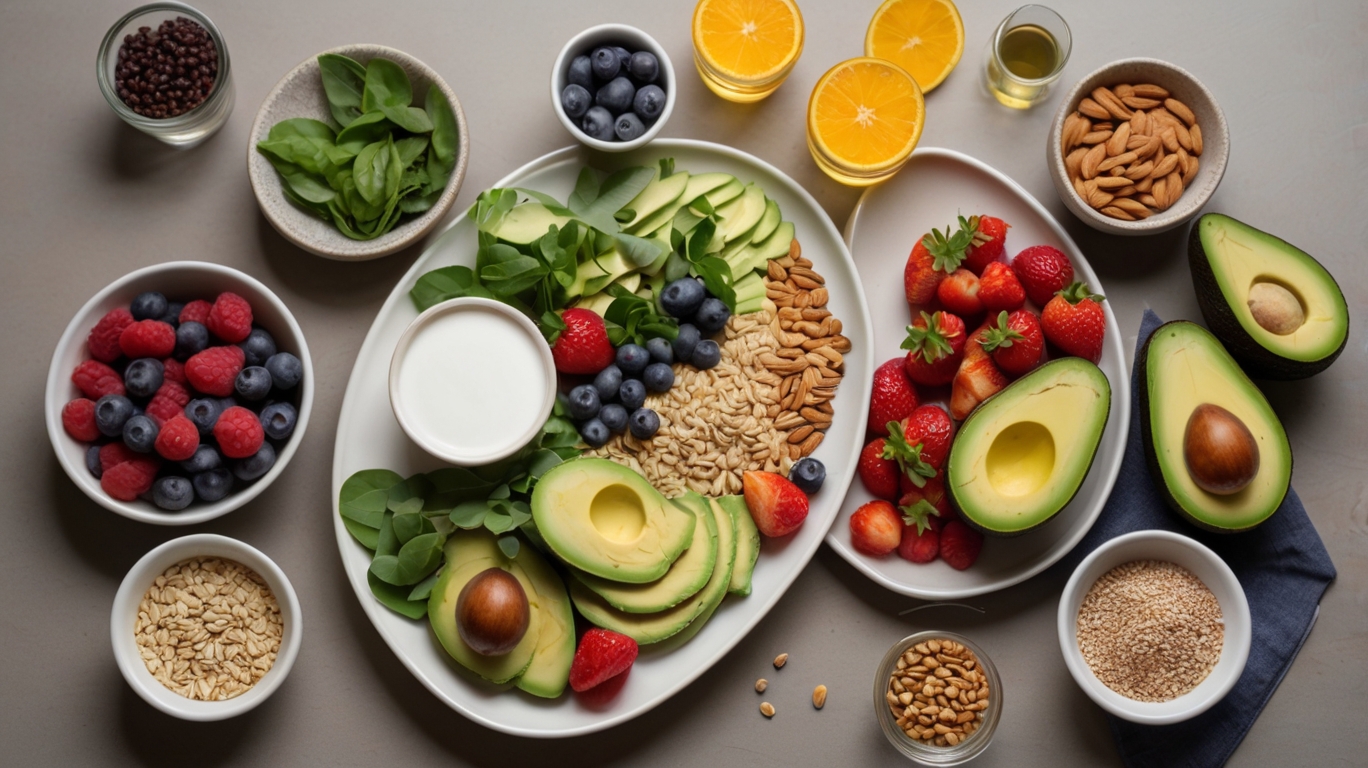
Maintaining a balanced daily nutrition plan is vital for sustaining long-term health and well-being. What you consume every day directly impacts your energy levels, mental clarity, and physical fitness. A well-thought-out daily diet plan ensures that your body receives the essential nutrients required to function efficiently. Here, we’ll explore how to create a nutritious daily diet plan, blending healthy food choices with lifestyle changes.
Why Daily Nutrition Matters?
Nutrition plays a crucial role in every aspect of your health.When a person consumes a nutrient-dense diet, their immune system is strengthened, which in turn reduces the risk of chronic diseases. Moreover, a balanced diet enhances mental clarity and boosts mood. Conversely, a poor diet often leads to fatigue, poor concentration, and can eventually cause health issues like heart disease and obesity.
Creating a Daily Diet Plan
In order to establish a daily diet plan that meets your nutritional needs, it is important to focus on the following key principles:
- Eat a Variety of Foods: Include fruits, vegetables, lean proteins, whole grains, and healthy fats in your meals. This variety ensures that all essential vitamins and minerals are consumed. A plate filled with colorful vegetables, for instance, ensures you’re getting a range of nutrients.
- Control Portion Sizes: Overeating can lead to weight gain and health complications. By managing portion sizes, you can ensure that calories consumed match your body’s energy needs. Simple tips like using smaller plates or measuring portions can help you stay on track.
- Stay Hydrated: Drinking enough water is often overlooked but is essential for proper digestion, metabolism, and energy. At least 8 glasses of water should be consumed daily to maintain optimal hydration levels.
- Limit Processed Foods: Processed foods are often high in sugar, unhealthy fats, and sodium. Minimizing their intake reduces the risk of chronic diseases and helps maintain a healthier weight.
- Plan Balanced Meals: A balanced meal should include a mix of macronutrients—proteins, fats, and carbohydrates. For example, breakfast might consist of oatmeal topped with fruit and nuts, providing fiber, healthy fats, and protein to start the day.
Example of a Daily Diet Plan
Here’s an easy-to-follow daily diet plan that covers all your nutrition bases:
- Breakfast: Greek yogurt with mixed berries and a sprinkle of chia seeds.
- Morning Snack: A handful of almonds or a small apple.
- Lunch: Grilled chicken salad with mixed greens, olive oil, and avocado.
- Afternoon Snack: A hard-boiled egg or a serving of hummus with veggie sticks.
- Dinner: Baked salmon with quinoa and steamed broccoli.
- Evening Snack: A small bowl of cottage cheese or a few slices of cucumber.
This plan ensures that every meal provides essential nutrients while keeping you satisfied throughout the day.
The Role of Macronutrients in Daily Nutrition
Macronutrients—proteins, fats, and carbohydrates—are the building blocks of a nutritious diet. Balancing these macronutrients in your meals will improve energy levels and overall health:
- Proteins: Essential for muscle repair and growth, protein should be included in every meal. Sources include lean meats, beans, nuts, and dairy products.
- Fats: Healthy fats, such as those found in olive oil, avocados, and fatty fish, support brain health and hormone production.
- Carbohydrates: Complex carbs from whole grains, fruits, and vegetables provide a slow and steady release of energy.
Common Mistakes in Daily Nutrition
Some common mistakes are made when following a daily nutrition plan. People often skip meals, especially breakfast, which leads to overeating later in the day. Additionally, consuming too much sugar, found in sodas and processed snacks, causes energy spikes and crashes.
Another mistake is underestimating portion sizes, which leads to excessive calorie intake. Being mindful of both the quality and quantity of food is essential for achieving and maintaining optimal health.
Conclusion: Take Charge of Your Health with a Daily Diet Plan:
By following a well-balanced daily diet plan, you’re setting yourself up for success. Whether the goal is to improve energy, support weight management, or simply feel healthier, daily nutrition is the foundation. Remember to eat a variety of foods, manage portions, and prioritise whole, nutrient-dense meals. Over time, the small changes you make to your diet will yield significant results for your health.
Diet Plan :
- Macronutrients:
- Carbohydrates: Aim for 45-65% of your daily calories from carbs. Focus on complex carbs like whole grains, fruits, and vegetables.
- Proteins: About 10-35% of your daily calories should come from protein. Include sources like lean meats, beans, nuts, and dairy products.
- Fats: Target 20-35% of your daily calories from fats. Choose healthy fats such as avocados, nuts, seeds, and olive oil while limiting saturated and trans fats.
- Micronutrients:
- Vitamins: Essential for various bodily functions. Include a variety of fruits and vegetables to cover a broad spectrum of vitamins.
- Minerals: Important for bone health, nerve function, and more. Incorporate foods like leafy greens, nuts, and whole grains.
- Hydration:
- Drink plenty of water throughout the day. A general guideline is about 8 cups (2 litres) a day, but individual needs may vary.
- Fiber:
- Aim for 25-30 grams of fibre per day to support digestive health. Good sources include whole grains, legumes, fruits, and vegetables.
- Portion Control:
- Be mindful of portion sizes to maintain a healthy weight and avoid overeating.
- Balanced Meals:
- Try to include a variety of food groups in each meal. For example, a balanced plate might include a serving of lean protein, a whole grain, and a mix of vegetables.
- Moderation:
- Treat yourself occasionally but aim to limit sugary snacks, excessive sodium, and highly processed foods.
Diet Plan in Chart:

Tailoring these recommendations to your individual health needs, lifestyle, and goals can help you maintain a balanced and nutritious diet. If you have specific health concerns or dietary restrictions, consulting a healthcare professional or a registered dietitian might be beneficial.
| Meal | Food Items | Portion Size | Calories | Carbohydrates (g) | Protein (g) | Fat (g) | Fiber (g) |
|---|---|---|---|---|---|---|---|
| Breakfast | Oatmeal with berries | 1 cup oatmeal + 1/2 cup berries | 300 | 50 | 8 | 6 | 8 |
| Scrambled eggs | 2 large eggs | 140 | 1 | 12 | 10 | 0 | |
| Morning Snack | Greek yogurt with honey | 1 cup | 150 | 17 | 10 | 3 | 0 |
| Lunch | Grilled chicken salad | 4 oz chicken + 2 cups greens + 1 tbsp olive oil | 400 | 15 | 30 | 20 | 4 |
| Afternoon Snack | Apple with almond butter | 1 apple + 1 tbsp almond butter | 200 | 25 | 4 | 9 | 4 |
| Dinner | Baked salmon | 4 oz | 250 | 0 | 25 | 14 | 0 |
| Steamed broccoli | 1 cup | 55 | 11 | 4 | 0 | 5 | |
| Sweet potato (baked) | 1 medium | 100 | 23 | 2 | 0 | 4 | |
| Evening Snack | Mixed nuts (unsalted) | 1/4 cup | 200 | 7 | 5 | 18 | 2 |
| Total | 2,055 | 129 | 89 | 65 | 25 |
